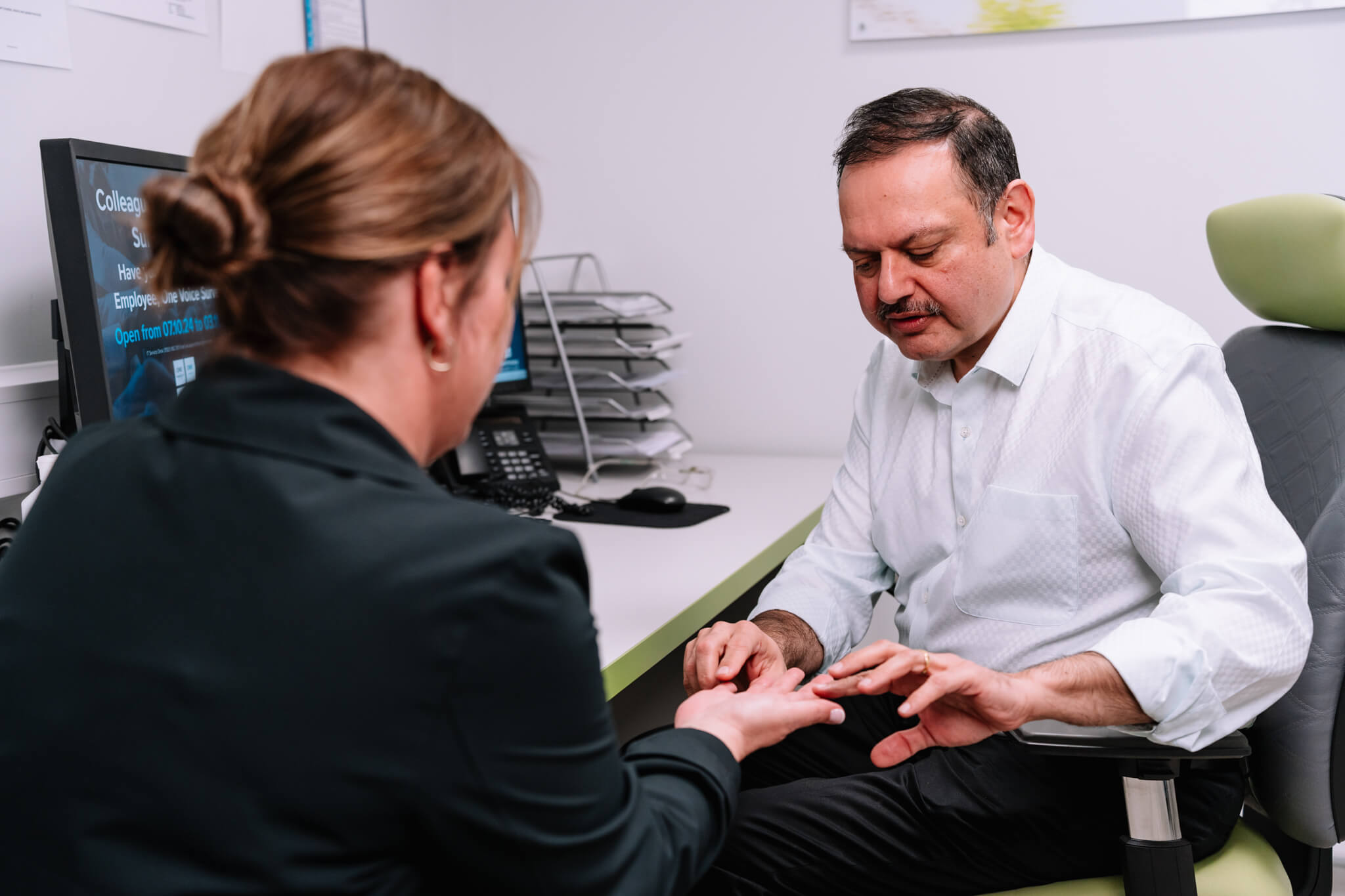Rivers Hospital Specialists
-
Mr Petros Andreou
Mr Petros Andreou is a Consultant Ophthalmologist in Essex and Hertfordshire specialising in cataracts and glaucoma
Read more -
Mr Raj Das-Bhaumik
Mr Raj Das-Bhaumik is a Consultant Ophthalmologist in Hertfordshire, specialising in blepharitis, conjunctivitis, chalazia, dry eye, watering eyes, periocular tumours and cosmetic eyelid surgery.
Read more -
Professor Mahmut Dogramaci
Professor Mahmut Dogramaci is a Consultant Ophthalmologist in Sawbridgeworth, Hertfordshire who special interests in medical and surgical retina
Read more -

Mrs Shazia Hussain
Mrs Shazia Hussain is Specialist Orthoptic practitioner, Rivers Hospital, Hertfordshire
Read more -
Mr Praveen Patel
Mr Praveen Patel is a Consultant Ophthalmologist specialising in retinal and macular disease.
Read more -
Mrs Priya Prakash
Mrs Priya Prakash is a Consultant Ophthalmologist in Hertfordshire and Essex with a special interest in Medical Retina and Cataract surgery.
Read more -
Mr Jasvir Singh Grewal
Mr Jasvir Singh Grewal is a Consultant Eye Surgeon in Hertfordshire, specialising in cataract surgery, eyelid surgery, watery eyes, dry eyes, laser surgery, general ophthalmology, medical retina, red eyes, glaucoma and neuro ophthalmology.
Read more -


